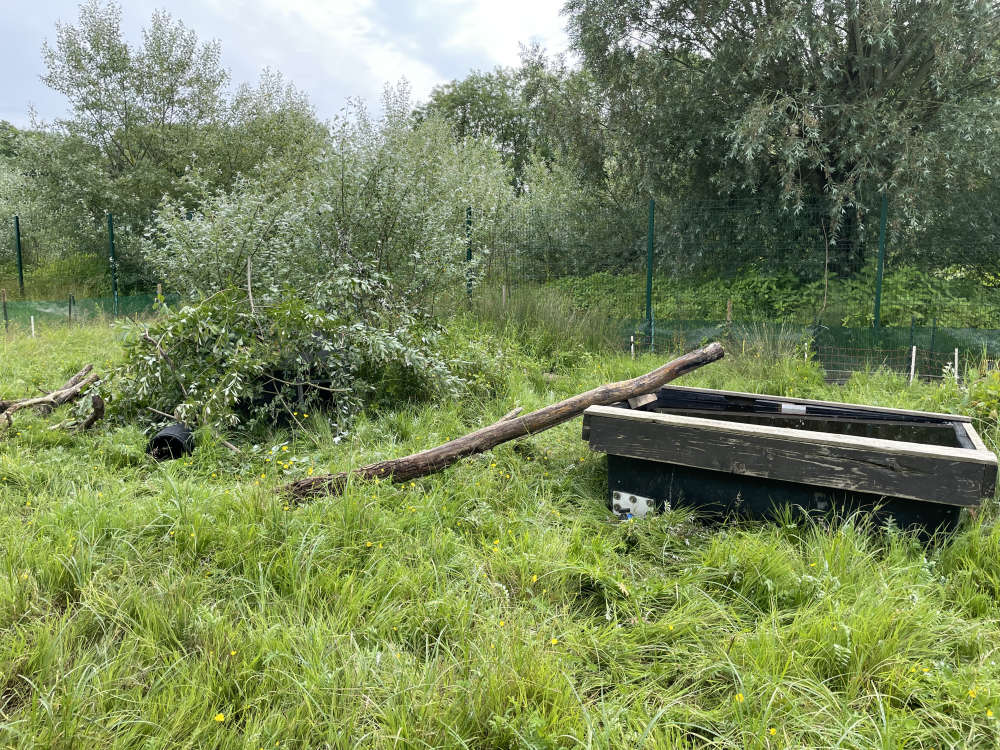
A Yorkshire Water site on the banks of the river Ouse has been recognised as the perfect spot to rehome two orphaned otters after they were rescued and hand-reared by the RSPCA Stapeley Grange Wildlife Hospital.
The cubs, one male and one female, were found orphaned in March 2023 at just five weeks old, near Castle Howard, York, after their mother was run over. Following 12 -14 months of rehabilitation at the RSPCA Wildlife Hospital, the otters are ready for release back into the wild.
They will spend 10 days in an enclosure on an undisclosed Yorkshire Water site, as they acclimatise to their new surroundings. If everything goes to plan, the otters will be released to explore their new home on the banks of the river Ouse.
Rob Scrivens of the RSPCA said “We’re delighted to be working with Yorkshire Water once again to find the perfect forever home for our abandoned otters. This is the third time we have worked together to identify the best available habitat, and this will be a great location for the otters to live long and happy lives in the wild.
“These partnerships are so important as it’s only through such links that the RSPCA can find ideal sites for some of its orphaned mammals. There are very few centres around the country that can rehabilitate otters through to release, and they are not cheap. It will cost over £3,500 to return a pair of cubs to the wild.”
Sarah Mason, nature-based solution strategy manager, Yorkshire Water said:
“Finding nature-based solutions to improve the quality of water in rivers and coasts are important parts of our strategy at Yorkshire Water. Otters live wherever there is fresh water with plenty of food and shelter to raise their young so the river Ouse will provide a healthy habitat for them to call home.”
Each year a number of orphaned or abandoned otters are admitted to the RSPCA wildlife centres from all over the UK, after every effort has been made to ensure that the cubs have not been accidentally separated from their mother. It can be a stressful time for the animals and every care is taken to ensure that they are tended for rehabilitation period until they are ready for release into the wild.
During this time, human contact is kept to a minimum so that the cubs are kept wild and given as natural an environment as possible prior to release. The RSPCA works with a number of external organisations such as the National Trust, wildlife trust and the Environment Agency. This will be the third time that Yorkshire Water has worked with Rob Scrivens and the RSPCA Stapeley Grange Wildlife Hospital to successfully rehome otter cubs.
After 12 – 14 months of careful rehabilitation making sure the cubs are ready for the wild, the transition to their new life is equally painstaking. A release site is chosen, often as close to the location where the cubs were originally found. The site needs to be large enough to build a 100m fenced area, access to a river, lake or small stream and without public access.
The cubs are put into the safe enclosure for 10-14 days depending on the weather and will be fed daily, twice a day for the duration of their stay. Once the site has been assessed and made safe from any sensitive planting, the otters can be released and the safety enclosure removed two weeks later, by which time the cubs will be fully acclimatised to their new forever home.
Otters were close to extinction in the UK in the 1960s because pesticides and polluted rivers were affecting their habitat and food source. Their return to the UK waterways is a real success story, and a good indicator of river health as they only live in clean waterways where there is plenty of shellfish, crustation and fish to eat and enjoy.
Seeing otters returned to the river Ouse is testament to the hard work of Yorkshire Water, landowners, environment agency and local authority partners to clean up our waterways and improve river health.
Otters are a protected species under the Wildlife and Countryside Act 1981 and the Conservation of Habitats and Species Regulations 2017 which means it is prosecutable offence to wilfully harm, kill or capture them, unless under licence.
Yorkshire Water was pleased to support the RSPCA Wildlife Centre to find a forever home for the orphaned cubs, but the charity is always on the lookout for more ideal sites for orphaned animals. Anyone wishing to support such releases can do so by contacting stapeley@rspca.org.uk.


